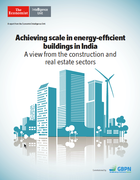Background: The transformation of the global energy sector from fossil-based fuels to low/non-carbon fuels will reduce environmental pollutant load, which in turn will benefit human health. However, with upscaling of emerging renewable technologies and energy sources, it is important to identify the potential for unintended health impacts, and to understand where the knowledge gaps lie with respect to health. We aimed to identify these gaps by conducting a scoping review. Methods: We conducted a systematic search of Medline, Web of Science, PubMed and EMBASE.
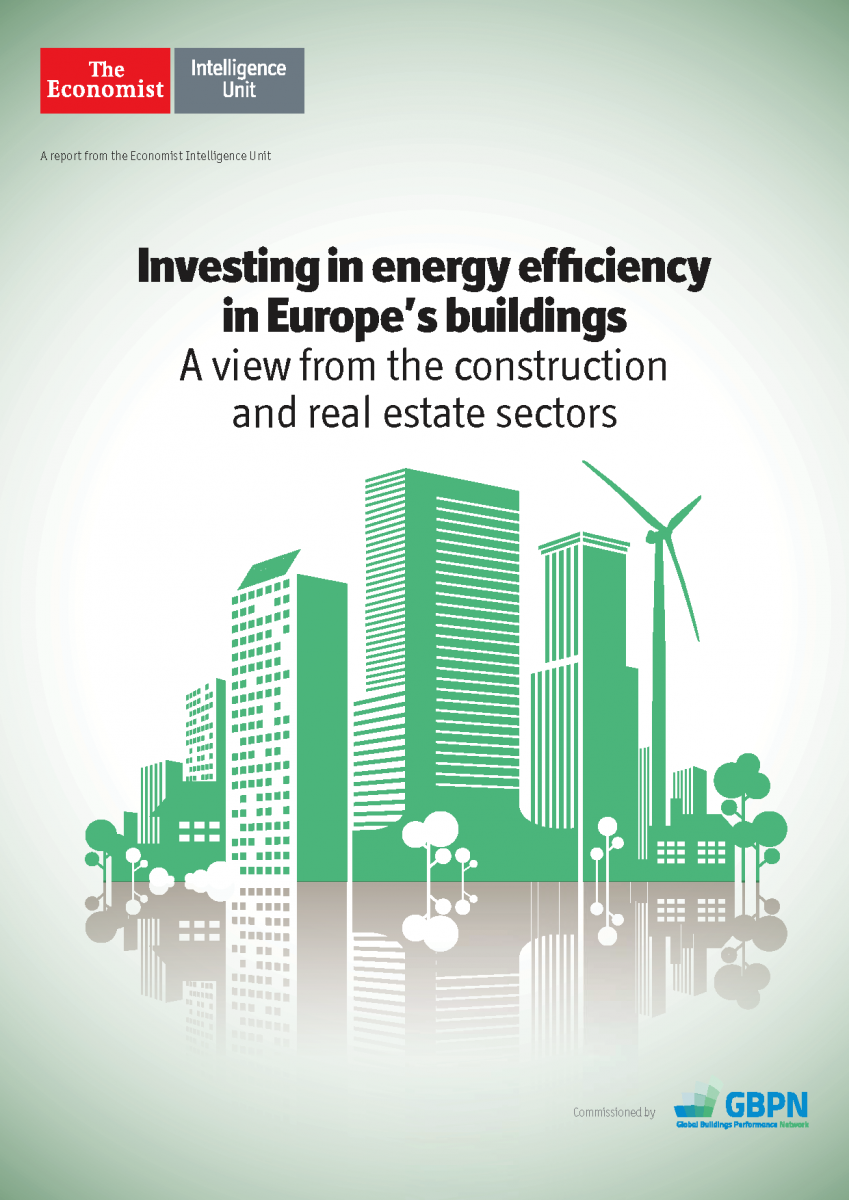 Highlights
Highlights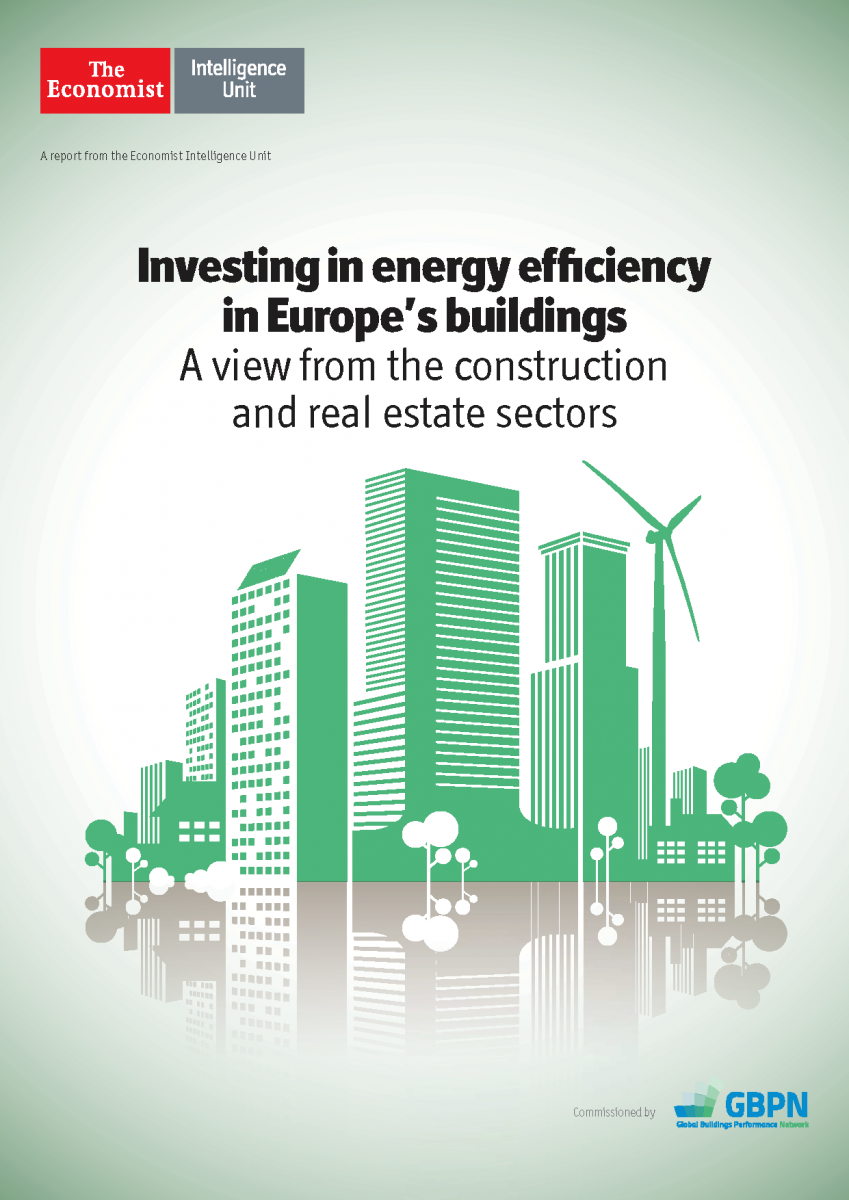
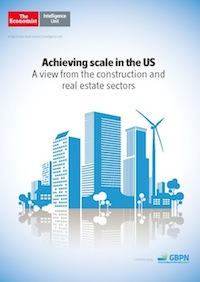 Briefing
Briefing Case Study
Case Study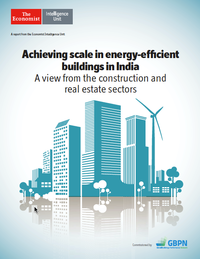
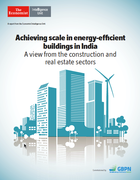 The Economist Intelligence Unit (EIU) report "Achieving scale in energy-efficient buildings in India: A view from the construction and real estate sectors" commissioned by the GBPN explains the challenges and opportunities of investing in energy efficiency in buildings in India.
The Economist Intelligence Unit (EIU) report "Achieving scale in energy-efficient buildings in India: A view from the construction and real estate sectors" commissioned by the GBPN explains the challenges and opportunities of investing in energy efficiency in buildings in India.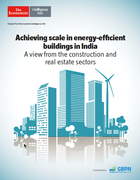 A report from the Economist Intelligence Unit (EIU), commissioned by the GBPN finds that while India’s commercial building sector has blazed the energy-effiency trail in the building sector, achieving significant scale will depend on efficiency measures becoming standard practice in the commercial middle market, retrofit and, particularly, the residential building segment.
A report from the Economist Intelligence Unit (EIU), commissioned by the GBPN finds that while India’s commercial building sector has blazed the energy-effiency trail in the building sector, achieving significant scale will depend on efficiency measures becoming standard practice in the commercial middle market, retrofit and, particularly, the residential building segment. 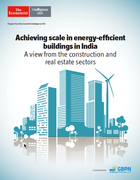 Briefing
Briefing